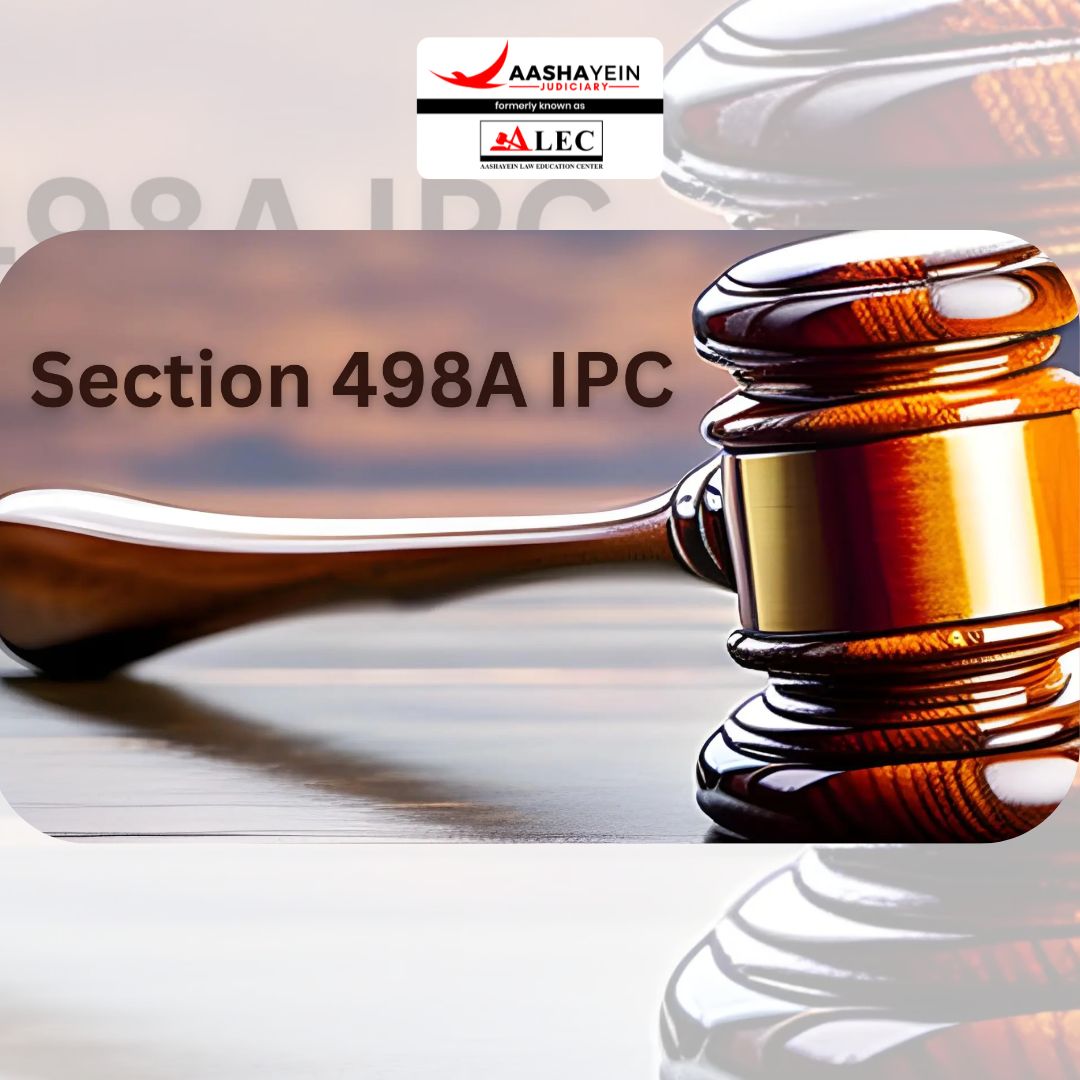In a recent case of Sudha Bai & Others AND State of Karnataka & ANR (CRIMINAL PETITION NO. 7090 OF 2023), the Karnataka High Court interpreted section 498 A of the Indian Penal Code (IPC) and held that merely calling the wife for conciliation does not amount to mental harassment under section 498A of IPC.
The case arose from a family dispute between the complainant and her husband. As per the facts of the case, the couple married in the year 2021 but soon after some time, their relationship started to fall off. The complainant filed a First Information Report (FIR) alleging harassment and demand for dowry. The FIR said that the husband caused her mental harassment during their attempt to mediate the family dispute. As a result, the husband was charged under section 498A of IPC and sections 3 and 4 of the Dowry Prohibition Act 1961. The petitioners filed a petition in the Karnataka High Court to quash the FIR as they are baseless and there is no ground for the FIR.
You can also read the latest judgment by visiting [Latest Judgment].
For more information, visit [Aashayein Enquiry Section]
Arguments
The petitioners' lawyer argued that the allegations against them were unfounded and based on vague grievances rather than any specific acts of misconduct. They claimed that the petitioners were not actively involved in the marital disputes but only tried to help resolve the issues through mediation. Referring to Supreme Court rulings, the lawyer emphasized that unclear and generalized accusations without specific details about each accused person's role should not lead to a criminal investigation. They also argued that allowing the case to proceed would misuse the legal system and unnecessarily burden the petitioners.
The complainant's lawyer opposed the petition, arguing that the petitioners' actions amounted to mental harassment. They claimed that by pushing for conciliation, the petitioners caused the complainant humiliation and worsened her distress. The lawyer stressed that the investigation should continue to fully uncover the extent of the alleged harassment.
Court’s Interpretation
The case was heard by the single judge bench of Justice M Nagaprasanna which allowed the petition and gave judgment in the favour of petitioners and quashed the proceeding. The court held that there is no ground for invoking section 498 A of IPC and sections 3 & 4 of the Dowry Prohibition Act 1961.
In the language of the court, it said that “Calling them for conciliation is termed to be a crime against them. If further investigation in the case at hand is permitted to continue, it would become an abuse of the process of the law and run afoul of a plethora of judgments rendered by the Apex Court”
Misuse of Laws
The Court referred to various Supreme Court judgements and held that in recent times section 498A of the IPC is becoming a tool for the misuse of law. The purpose of these sections was to protect the woman, but currently, these sections are used to involve even distant relatives to settle their scores. The court underscored the principle that criminal law should not be employed as an instrument of coercion or harassment. It observed that subjecting individuals to criminal trials based on vague allegations undermines the fairness of the judicial process.

